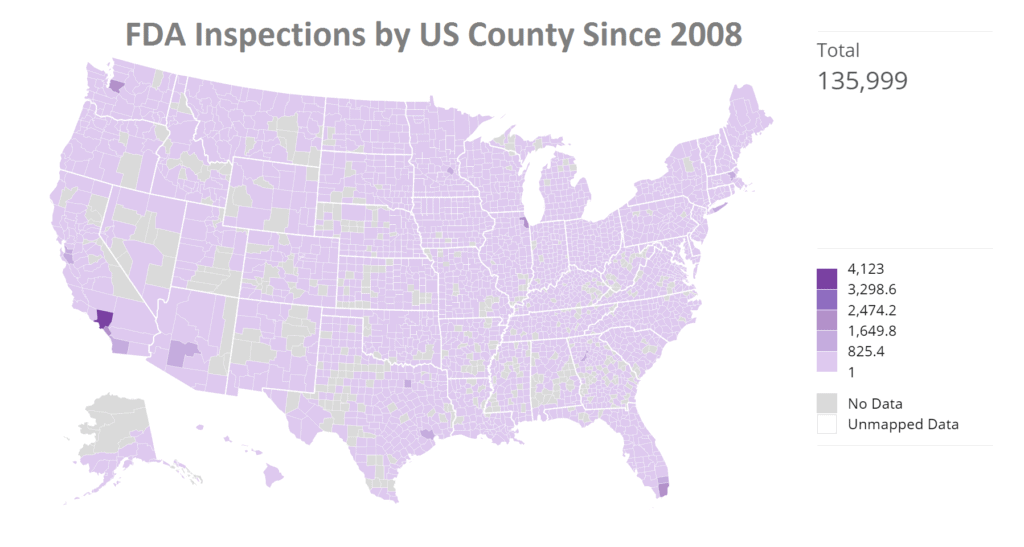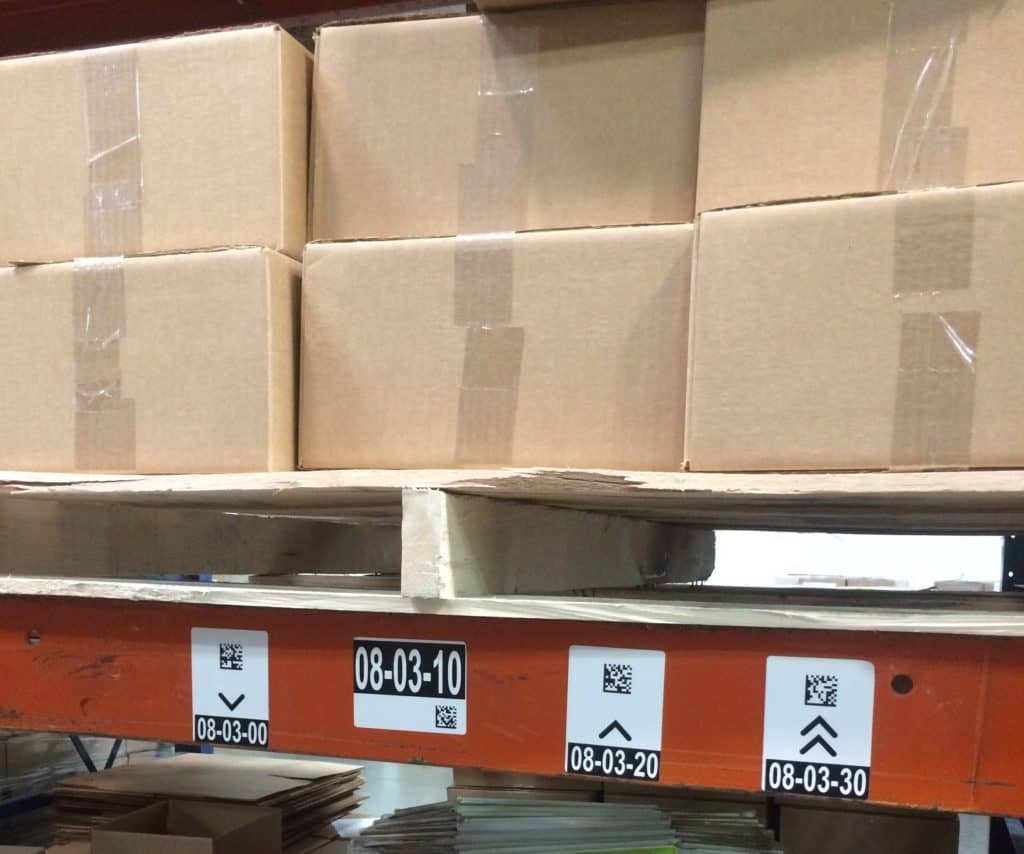Proper Records Management Essential to FDA Inspection Readiness
The bio-pharmaceutical market is one of the most highly regulated industries and valued at $190 billion, it is no surprise to see why. While increased regulation means more reliable quality assurance systems and safer medications for patients, it can be challenging terrain for manufacturers to navigate.
Are you ready to meet the demands of increasing regulation and stringent inspections?
The implementation of policy changes by the FDA and international regulatory authorities have led to an increase in:
- the number of inspections of sterile contract manufacturers
- the degree of vigilance by inspectors in ensuring quality control
- pressure for pharmaceuticals and their outsourcing partners to comply with requirements based on current good manufacturing practices (cGMP)
Your next inspection can be a success if you are aware of, prepared for, and ever vigilant of changes in the regulatory climate. Drug facilities have always had to maintain a paper trail but now, how that paper trail is maintained has come under harsh scrutiny. Proper records management is key if manufacturers are to meet the exacting standards placed upon them by international regulatory authorities.
Records Management: What is it?
According to PRISM, the global trade associate for information management companies, records management on the most basic level is both a discipline and management function concerned with the systematic application of management techniques and control of the information created or received in the normal information of an organization’s business.
Batch records utilized in the pharma industry have a distinct life cycle that includes creation, processing, distribution, maintenance, evaluation, and ultimate disposition (i.e., storage for the life of the drug).
To ensure the successful management of vital industry records, they are required to have the following:
- Reliability (consistent capture, organization access to records),
- Integrity (no unauthorized alteration, destruction, removal),
- Permanence (cannot be tampered with, altered, or improperly deleted),
- Comprehensiveness (management of all records created and stored as a normal continuous activity of all units in an organization), and
- Compliance (created and maintained in a manner that is consistent with all policies and procedures that apply to organizational records).
Benefits from proper records management include:
- Control of the creation, volume, redundancy, and growth of records,
- Reduction of operating costs through active management and intelligent outsourcing decisions,
- Improvement of overall efficiency and productivity,
- Assimilation of emerging records management technologies,
- Ensuring legislative, regulatory compliance as well as other risk-management concerns, such as litigation,
- Safeguarding the organization’s vital information, including historical records,
- Supporting enhanced performance and productivity of business processes, and
- Enabling quicker and better management decision making.
The risks of not maintaining proper records can be costly:
According to Information Week, at any given time, between 3 and 5 percent of an organization’s files are lost or misplaced. The average cost of recreating a document is $180. Annual loses for a Fortune 1000 company with one million files is $5 million dollars.
Iron Mountain Inc., a leader in enterprise information management, warns some companies have been fined as much as $2.75 million for noncompliance with document retention regulations. Still others have gone through expensive legal discovery processes only to lose in litigation because they either failed to produce required records, could not prove consistent policy application across all records or mistakenly produced records that should have been destroyed.
If you are not managing your records according to consistent policies and applying some of the industry’s commonly accepted best practices, you are likely spending a lot more money than necessary on discovery, digital storage and physical space costs. No one can afford to ignore the worst case scenario, which next to loss of significant revenue, is total loss of company due to repeated non-compliance leading back to poor records management.
Is insufficient records management keeping you up at night? Do you need to improve the management of your company’s records? Moving to a Cloud-based MES can solve these problems and help you stay cutting edge in this fast-paced industry.
DataNinja Can Help
Optimal records management is just one of the many benefits to using DataNinja. Arm your company with a cloud-based MES from DataNinja and you’ll have the skills to face the ever-evolving challenges and demands placed on the pharmaceutical industry. For more information or to schedule a demo, please contact us below.
Tags: pharmaceutical market, regulatory inspections, inspection readiness, MES, records management, batch records, current good manufacturing process



